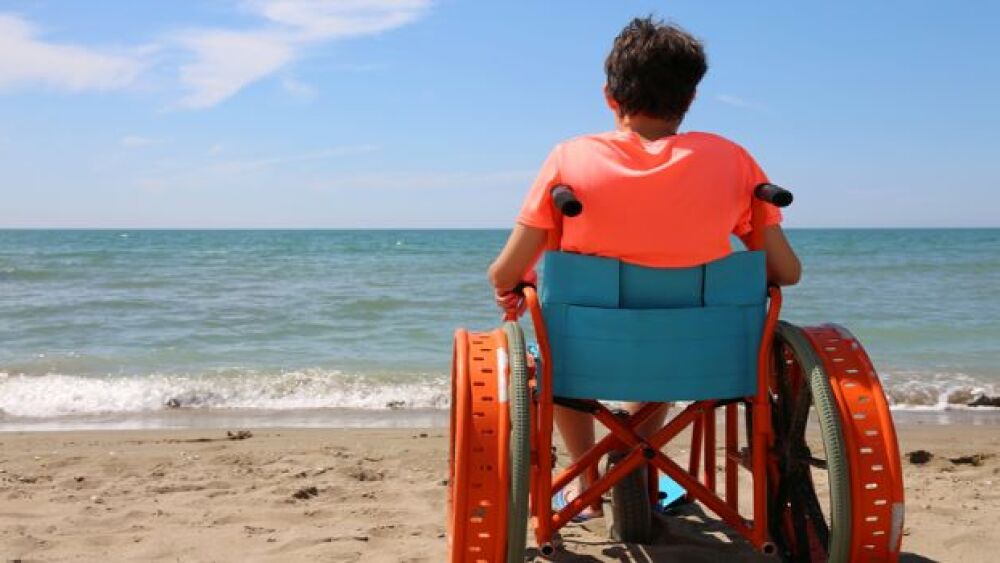TikoMed’s contribution to the fight is ILB, a novel patented formulation of a modified glycosaminoglycan that works to tackle ALS through neurotrophic and myogenic effects.
TikoMed announced this week that its lead clinical drug candidate ILB demonstrated positive results in a Phase II clinical trial. ILB is intended for the treatment of amyotrophic lateral sclerosis (ALS). The study was published in PLOS ONE.
ALS, a progressive neurodegenerative disease, has enjoyed a wealth of new research and tools as of late, bringing awareness and hope to the devastating diagnosis. Recently, researchers affiliated with Northwestern University discovered a new therapeutic that could potentially outperform existing treatments and technological advancements have added more tools to the research space for the collection of valuable clinical information.
Now, TikoMed is joining the fight with ILB, a novel patented formulation of a modified glycosaminoglycan that works to tackle ALS through neurotrophic and myogenic effects. In all patients treated with ILB over the course of five weeks, the progression of ALS was halted and/or reversed.
“As of yet, numerous trials have been unable to identify any agent that reverses or even halts the progressive symptoms of ALS, which is why these clinical results with ILB, demonstrating both safety and tolerability whilst supporting the drug’s potential as a disease-modifying treatment, are very promising,” said Anders Kristensson, CEO of TikoMed in a press release. “Preclinical studies from our ILB program have also demonstrated the drug’s unique ability to enhance endogenous repair mechanisms and rebalance inflammatory responses providing a new, potentially invaluable mechanism of action in the treatment of neurodegenerative diseases.”
Patients dosed also reported no serious adverse events and no significant drug-related changes in blood safety markers were observed. Notably, treatment with ILB resulted in an elevation of plasma Hepatocyte Growth Factor, one of the most potent survival-promoting factors for motor neurons, which are targeted by the disease. TikoMed concluded that the pilot clinical study demonstrates the safety and tolerability of ILB in patients with ALS and that the promising results support the drug’s potential to be a disease-modifying treatment for patients.
ILB was granted Orphan Drug Designation for the treatment of ALS by the European Commission in 2020 with the company receiving 5 million euros in funding for its development alongside Ibsolvmir, a drug being developed to improve efficacy in cell therapy. TikoMed boasts a long list of benefits granted by ILB, including increasing glutamate uptake, normalizing mitochondrial function and attenuating microglial activation. In addition to being developed for the treatment of ALS, TikoMed is investigating ILB in the treatment of glaucoma and stroke plus traumatic brain injury.
Earlier this month, the U.S. Food and Drug Administration approved an oral version of edaravone (Radicava), which was originally approved in 2017 as an intravenous solution, for the treatment of ALS. To date, there are five drugs approved to treat ALS in the U.S., three which are different forms of riluzole, which has been on the market for more than 20 years. No approved drug has the ability to reverse the damage caused by ALS, making discoveries like TikoMed’s potentially monumental for patients.





